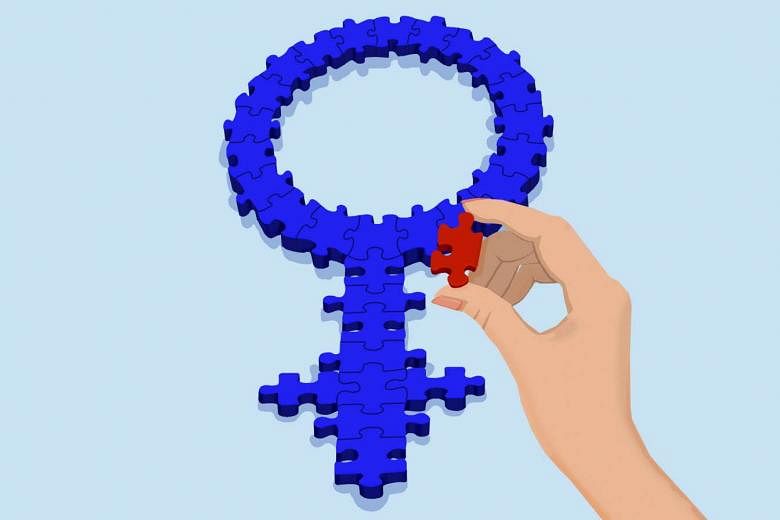Sleep more. Enjoy sex more.
That is the bottom line of a new study of middle-aged and older women published in Menopause magazine, according to the Today morning TV show in the US.
Research done at the Mayo Clinic in Scottsdale, Arizona revealed that a majority of women surveyed - some 60 per cent - who got at least seven to eight hours of sleep reported being more satisfied with their sex lives than those who slept less.
The majority of women in the study, 60 per cent, reported they achieved those magical seven to eight hours of sleep. So, perhaps not surprisingly, 56 per cent of the women said they were somewhat or very satisfied with their current sexual activity. Insomnia was also a cause of dissatisfaction with their sex life, the study found.
Dr Juliana Kling, an assistant professor of medicine at the clinic who led the study told Today that "the findings really suggest that high quality and sufficient sleep is important for sexual function. We need to be making sure that we're looking at those factors and other healthy habits and not from just the gynaecological perspective".
Her team of researchers surveyed 93,668 women between the ages of 50 and 79.
While Dr Kling said she the research did not reveal why less sleep diminished sexual satisfaction, she has some theories.
"We know that sleep is really important for our functioning. Lack of sleep oftentimes leads to difficulty with concentration along with other ramifications," she told Today." A lot of sex is in the brain and if we're not alert and we're not able to focus, that might help explain some of the findings."
Studies in younger women seem to prove that women sleep less as they age - thus taking a toll on their sex life.. "A study in healthy college age women found that the number of hours slept at night was related to the level of sexual desire the next day," Kling said.
Dr Rebecca Thurston, a professor of psychiatry at the University of Pittsburgh School of Medicine said the findings add to a growing number of reasons why sleep should be high priority in life.
"There's a relationship between shortened sleep and the risk for cardiovascular disease," Today reported her saying. "And we also know that it affects people's mood and anxiety levels as well as cognitive function.".

